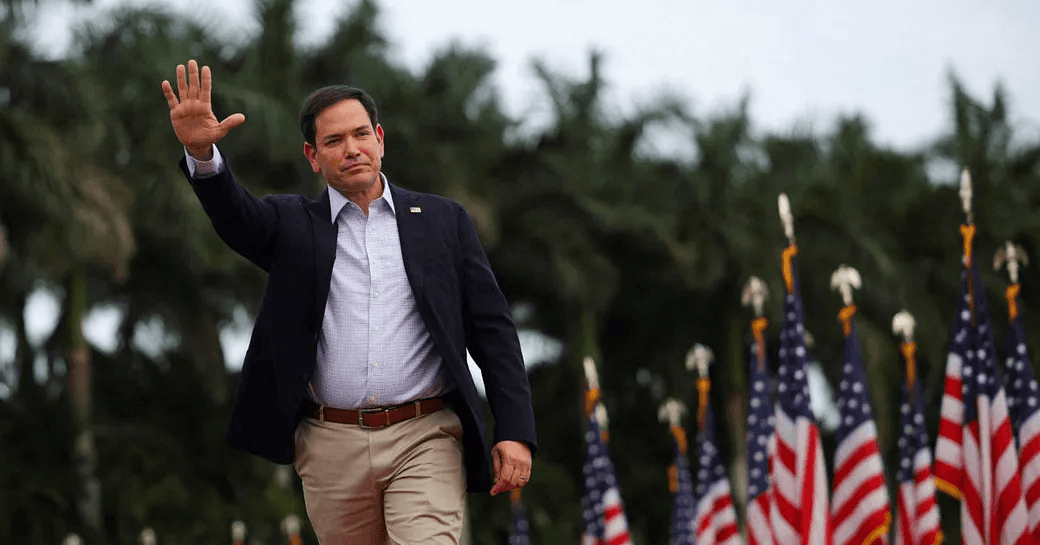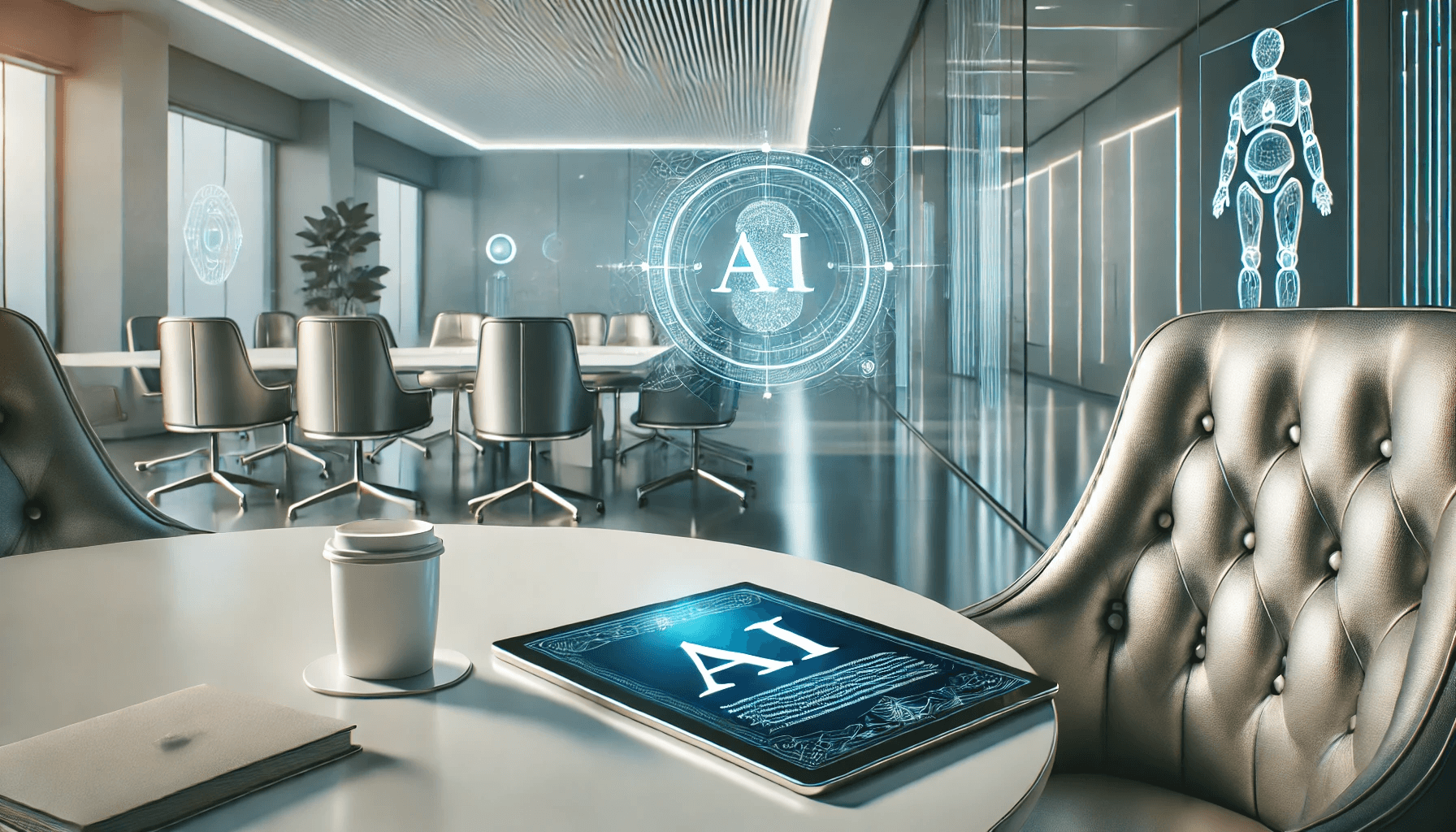The Implications of Marco Rubio as U.S. Secretary of State
Marco Rubio's appointment as Secretary of State signals a tougher U.S. stance on China, with potential trade wars, industrial reshoring, and geopolitical tensions likely to impact global supply chains, multinational corporations, and economic stability.
Limbik Team
Dec 13, 2024
Bottom Line
With the selection of Marco Rubio as Secretary of State—perhaps the least controversial of President-elect Donald Trump’s high-profile cabinet nominations—it brings another ‘China hawk’ into the leadership of the U.S. government heading into 2025.
China has preempted some of Trump’s moves with actions of its own, including a regulatory probe into the technology firm Nvidia, blocking the export of critical minerals to the United States, threatening to blacklist PVH, the parent company of Calvin Klein and Tommy Hilfiger, and slapped sanctions on more than a dozen drone technology companies, including Shield AI.
One of the goals under Rubio could be an effort to rebuild and reshore the U.S. industrial base, which he views as inextricably linked to American national security—this includes industries such as semiconductors, biotech, and advanced manufacturing, to name a few.
Background
With the selection of Marco Rubio as Secretary of State—perhaps the least controversial of President-elect Donald Trump’s high-profile cabinet nominations—brings another ‘China hawk’ into the leadership of the U.S. government heading into 2025. Indeed, it is the U.S.-China relationship, and the subsequent implications for multinational corporations, where Rubio’s appointment has the most bearing. Some might argue that Trump is sending mixed messages on China. On the one hand, he campaigned on enacting severe sanctions on China, which he constantly accuses of unfair trade practices and currency manipulation. On the other, he reportedly reached out to Chinese President Xi Jinping to invite him to the inauguration in January, although Xi apparently declined.
The overarching fear is that with Rubio as Secretary of State and with a cabinet full of China hawks, the possibility of a U.S.-China trade war increases dramatically. Without question, a trade war would have an enormous impact on multinational corporations. During his campaign, Trump threatened a 10% tariff in addition to existing levies and, in a rather extreme threat, suggested tariffs could be ratcheted up to 60% on Chinese-made goods. Part of Rubio’s vision is rebuilding the U.S. industrial base, and Trump’s policies are part of this effort. In addition to Rubio, National Security Adviser Mike Waltz is also considered a China hawk and someone who sees the challenge posed by Beijing as the primary ‘pacing threat’ for the United States in the foreseeable future.
China is dealing with a slowed economy, diminished consumer spending, and high levels of debt at the local government level. To get its economy back on track, Beijing will look to cut interest rates and boost government borrowing, while also seeking to find ways to stabilize both its stock market and the real estate market. Depending on the scale and scope of the intensity, a U.S.-China trade war will have substantial ramifications for the economic and technological competition between the two countries and thus, will have implications for multinational corporations.
Corporate Risks
There will be risks, and opportunities, for companies across the board. Some of the risks include increased trade restrictions and disruptions to global supply chains. Some companies will be well-positioned to benefit, while others will be penalized. Those that fall into the former category are those that can respond to particular market incentives, while those in the latter will struggle with mandates that may be imposed.
China has preempted some of Trump’s moves with actions of its own, including a regulatory probe into Nvidia, blocking the export of critical minerals to the United States, threatening to blacklist PVH, the parent company of Calvin Klein and Tommy Hilfiger (due to the companies refusal to source cotton from Xinjiang, something the Chinese have acted aggressively against with other multinational corporations in the past), and also slapped sanctions on more than a dozen drone technology companies, including Shield AI.
China is attempting to walk a tightrope in some respects, working to compete and win against the United States in the race to become the world’s first AI superpower, but also guarding against ways in which AI could undermine the rule of the Chinese Communist Party (CCP). This is a constant tension for Chinese-style governance, which promotes capitalism for its industries while maintaining a tight lid on dissent through its Communist-style domestic political system at home.
Implications
Rubio has publicly railed against China for its dominance of global supply chains and its penchant for intellectual property theft. Under its “Made in China 2025” state-sponsored policy, Beijing has used government subsidies and relied on state-owned enterprises to gain an edge in global high-tech manufacturing. Rubio will likely push for the United States to become less reliant on Chinese imports, including in important sectors like solar energy components and electric vehicles.
One of the goals under Rubio could be an effort to rebuild and reshore the U.S. industrial base, which he views as inextricably linked to American national security. This includes industries such as semiconductors, biotech, and advanced manufacturing, to name just a few. As Secretary of State, few believe that Marco Rubio will be willing to go easy on China and his zeal in ‘getting tough’ on Beijing will almost assuredly be met, and in many ways already is, with similar recalcitrance on the part of the Chinese.
A cabinet staffed with China hawks is also likely to lead to geopolitical friction with the Chinese Communist Party (CCP), which could include disputes related to Hong Kong, Taiwan, and other sensitive territories scattered throughout the South China Sea. While a trade war seems inevitable, and would damage the global economy, a conventional military conflict between the United States and China would be disastrous on an entirely different level, and would also entail significant, perhaps irreversible damage, to the global economy, including supply chains.





